How NGL Helps Vendors Supporting the Shift to Care at Home
If your business supports patients receiving care at home, we can help you better partner with hospitals and health systems so you can grow
There are a lot of moving parts when it comes to coordinating Care at Home in general—and Hospital at Home in particular. We work with home health agencies, physician and nurse staffing agencies, mobile labs and phlebotomists, durable medical equipment providers, transport agencies, virtual care management technology companies, and other Care at Home or “Hospital at Home” supporting entities to:
Understand the legal and regulatory requirements for compliance with the Acute Hospital Care at Home Waiver;
Evaluate training, processes, and patient reporting systems to meet rigorous Hospital at Home standards;
Present persuasive service packages to Hospital at Home program operators;
Negotiate lucrative agreements with Hospital at Home program vendors;
Align successfully with other care partners in the Hospital at Home program;
Bolster ongoing operations and integration of new services and payment models.
On this page you’ll discover how Nixon Gwilt Law’s healthcare innovation attorneys can partner with your in-house legal team or executive suite to attract Hospital at Home partnerships with hospitals and health systems.
What is ‘Hospital at Home’?
Hospital at Home® is a specific model, first developed by Johns Hopkins Schools of Medicine and Public Health, “that provides hospital-level care in a patient's home as a full substitute for acute hospital care.”
The phrase “Hospital at Home,” or “HAH,” has evolved to be synonymous with Acute Care Delivery at Home Programs more generally. During the COVID-19 Public Health Emergency (PHE), CMS implemented a payment model to reimburse hospital-level care for acute patients in the home environment.
As ‘care at home’ experts, Hospital at Home supporting entities such as nursing agencies and mobile phlebotomy labs have a distinct advantage in understanding how to provide quality healthcare in a home environment.
This experience and confidence is an asset when working with hospitals and health systems branching into care at home for the first time.
3 Things Vendors Need to Know Before Entering the Hospital Level Care at Home Space
Moving a hospital stay to the home environment takes significant coordination among entities such as:
Nursing agencies
Home health care agencies
Ambulance and safe transport companies
Mobile phlebotomy labs
Durable medical equipment companies
Medical device companies
Remote monitoring devices and platforms
Healthcare analytics companies
Pharmacies
Virtual care technology platforms
If your business is on the list above, then you’ll want to know 3 critical facts before entering the Hospital at Home space.
#1: Technology is crucial to the success of hospital level care at home
Digital technologies have established their place in healthcare and healthcare is establishing its place in the home. Some key technology domains critical for moving care home are virtual care management services like remote monitoring, clinical team coordination, and supply chain management.
The majority of individuals participating in hospital level care at home programs are over the age of 65 and have varying levels of access to the internet and technological literacy.
Successful implementation of a HAH program requires the ability to quickly deliver reliable medical devices and equipment to patients' homes. Devices and equipment must quickly connect into technology platforms, and must be capable of replicating or supporting processes that would happen in the hospital (e.g., placing orders, updating care plans, assigning resources, monitoring task progress, and streamlining communication among team members). Vendors who can seamlessly facilitate these processes through their technology will be well positioned to partner with providers who want to bring care into the home.
#2: Providers are always going to be a part of the equation
The decision to send a patient home ultimately starts with a provider. Some providers are tech-savvy and ready to adopt new tools and others may be more hesitant.
Provider trust and reliance on a Hospital at Home (HAH) program is imperative.
Digital health vendors should explore solutions that not only seek to improve the patient experience but also focus on improving workflows and reducing provider burden.
The best innovative digital solutions for hospital level care at home will come when digital health companies design solutions driven by a deep understanding of provider needs.
#3: You do not necessarily need to be able to provide all of the facets of a complete acute Hospital at Home program in order to enter the HAH market
The delivery of acute hospital-level at-home care is complementary to but does not include post-acute care models such as home health, chronic disease management, skilled nursing, or admission prevention.
An HAH program operating under a CMS Acute Hospital Care at Home Waiver has multiple program components ranging from in-person nursing services to daily virtual rounding services.
Some hospitals choose to invest in a single solution HAH program vendor, but others are aggregating resources to build a hospital level care at home program that meets the needs of their patient population.
In this case, a vendor that provides remote monitoring services could become the vendor that provides the remote monitoring component of an HAH program without also needing to find ways to offer all of the other services necessarily required under the CMS waiver.
How Nixon Gwilt Law Helps Care at Home Entities Support Hospital at Home
As a nationally recognized, female-founded law firm exclusively dedicated to advancing the future of healthcare, Nixon Gwilt Law works best with innovative clients who seek to transform how people receive and experience healthcare.
Novel and disruptive healthcare companies seek our guidance to break new ground, navigate the regulatory gray zones that come with this level of innovation, and manage risks and opportunities on the path to long-term growth.
Why? Because we work exclusively with healthcare innovators and have deep expertise in the legal, regulatory and reimbursement landscape around Care at Home.
From preparing your business to support the special needs of Hospital at Home programs to presenting a persuasive proposal to a health system; all the way down to compliance monitoring and evolving services as policy and technology evolve, our Hospital at Home team brings experience and operational insight to the table.
Meet Nixon Gwilt Law’s Hospital at Home Team
Rebecca Gwilt, Esq.
The Strategic Translator—that’s how healthcare business clients refer to Founding Partner Rebecca Gwilt’s role in their businesses. Rebecca previously served at CMS, where she helped develop Affordable Care Act (ACA) policy, guidance, regulations, and technology contracts. A longtime advocate of virtual care, she remains at the forefront of this evolving market.
Rebecca’s ability to understand how existing and forthcoming laws and regulations impact business growth allows her to guide Hospital at Home clients toward long-term success.
Stephanie Barnes, JD, PhD
Stephanie’s expertise in digital health and telemedicine, especially in SaaS, PaaS, and IaaS contracting, position her as a strong partner for Hospital at Home initiatives. With 20 years of experience providing business counsel and legal advice regarding the healthcare regulatory landscape, she brings a wealth of wisdom to any innovation team.
Stephanie’s health system general counsel experience, along with her PhD in organizational leadership, give her clients an edge when it comes to making Hospital at Home programs work on more than just paper.
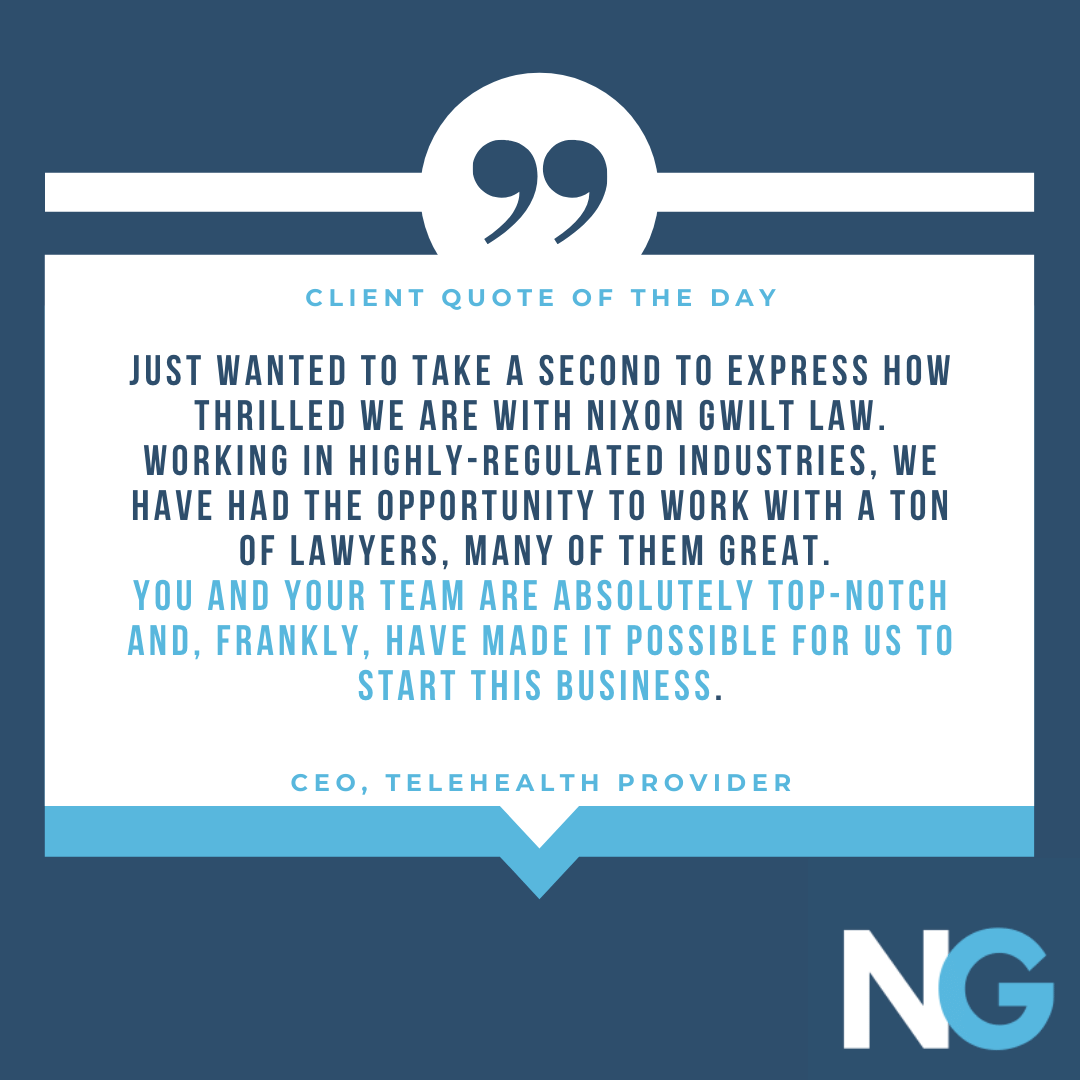
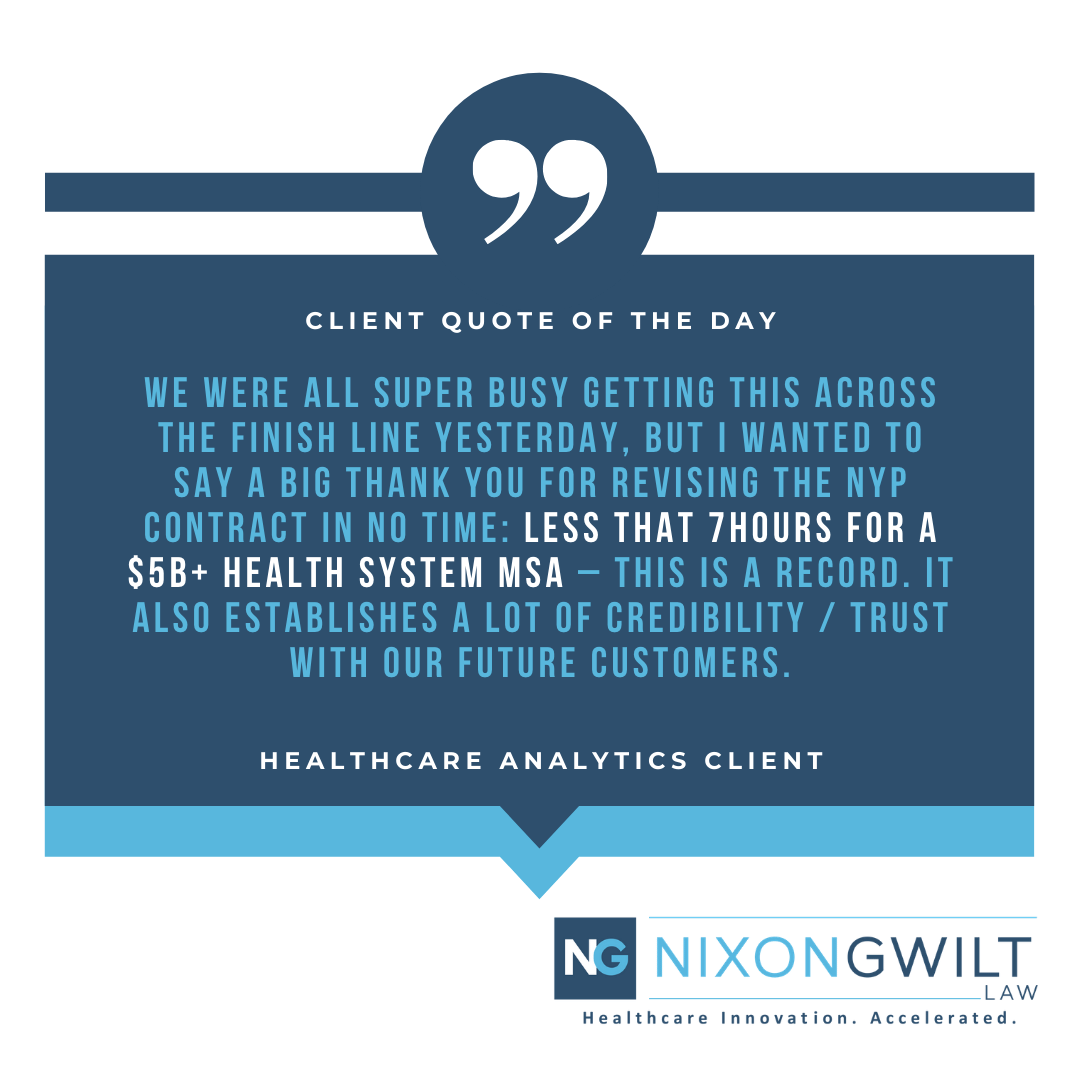

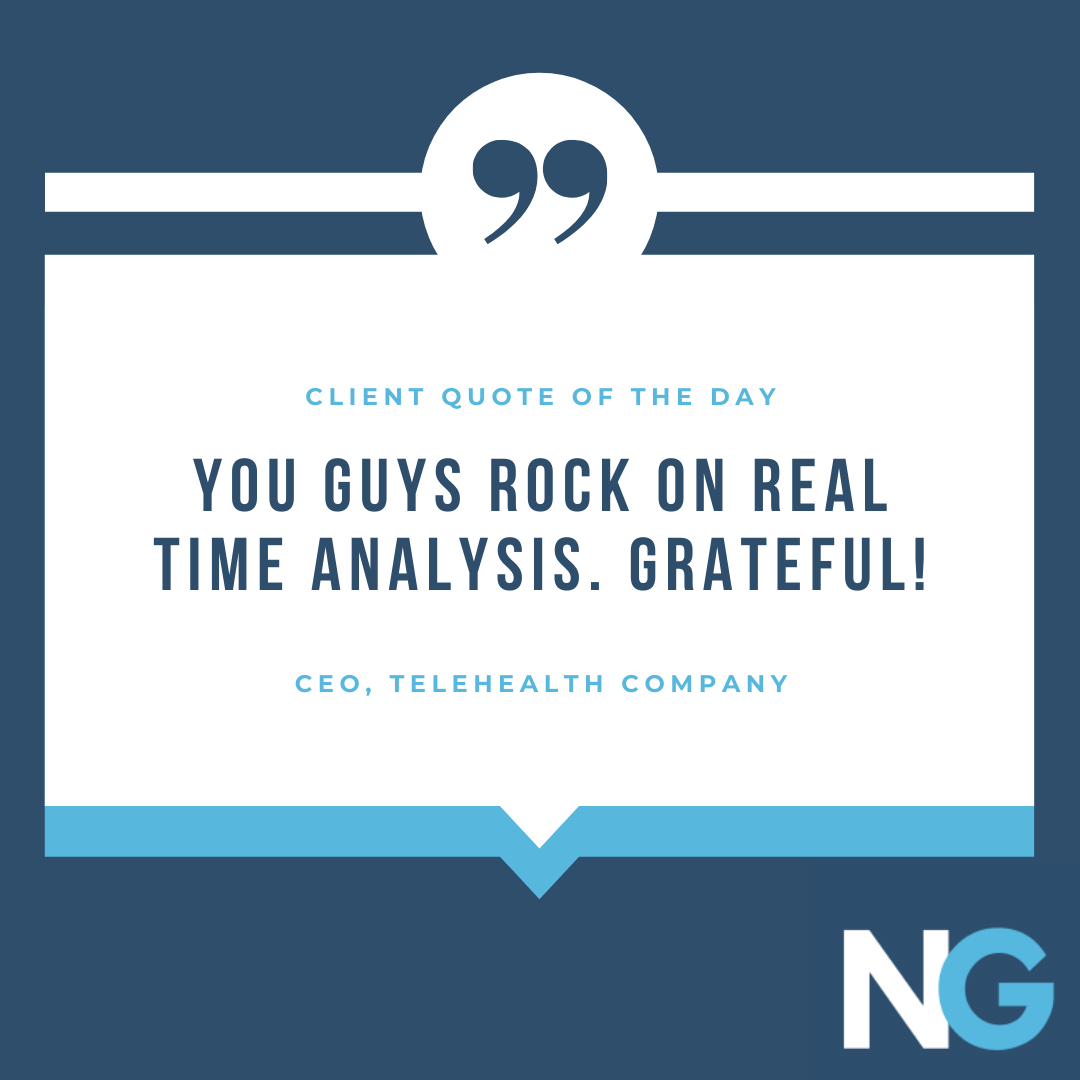
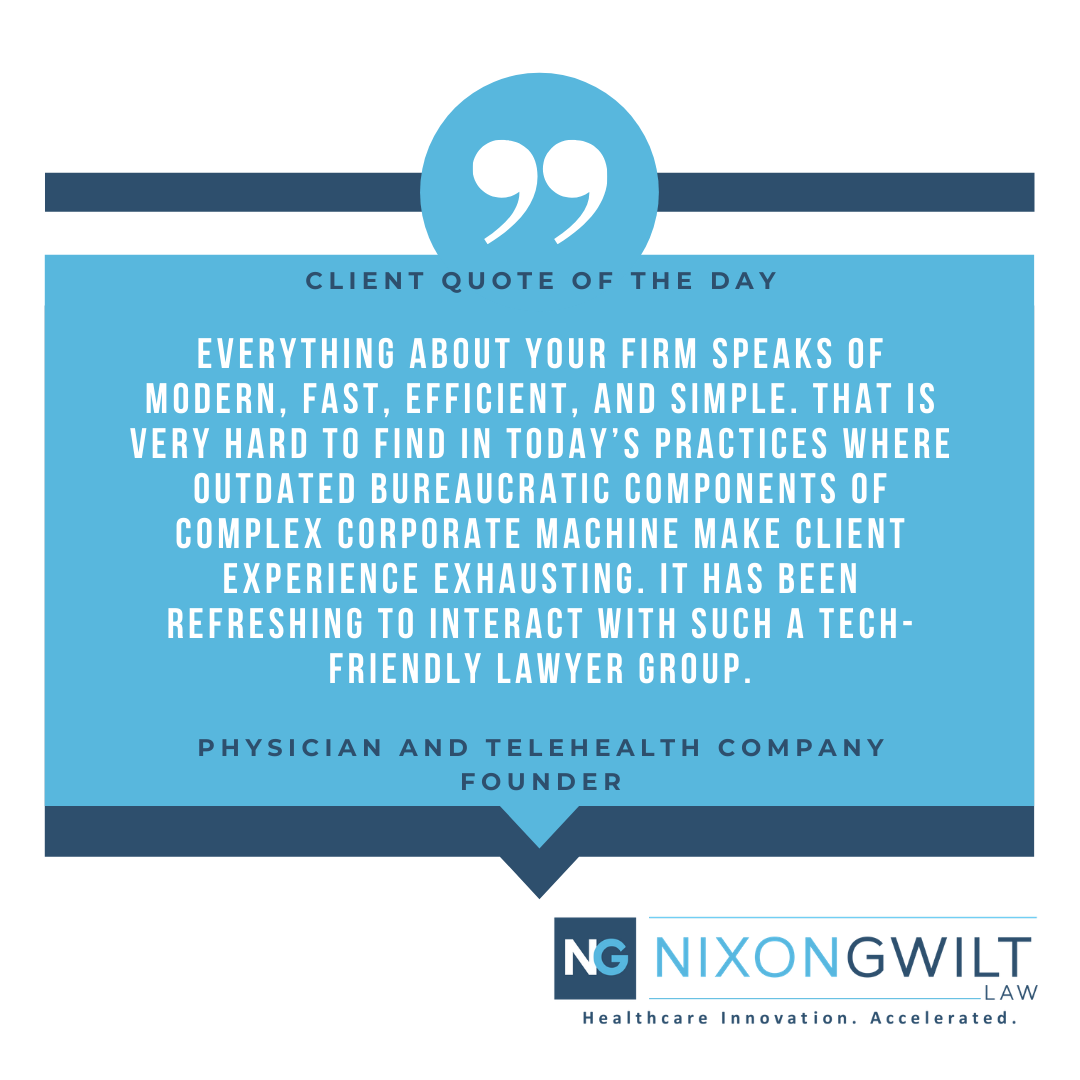
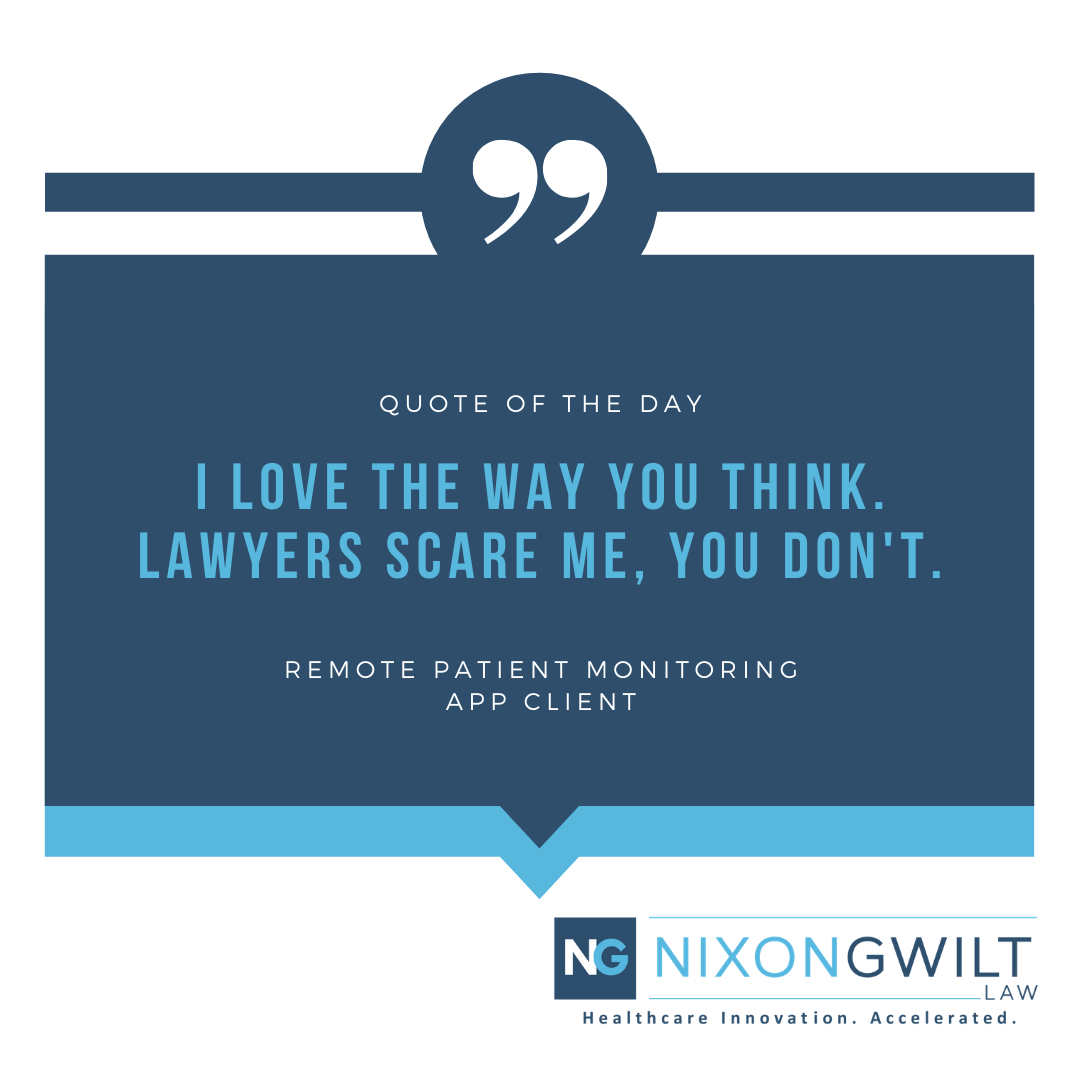




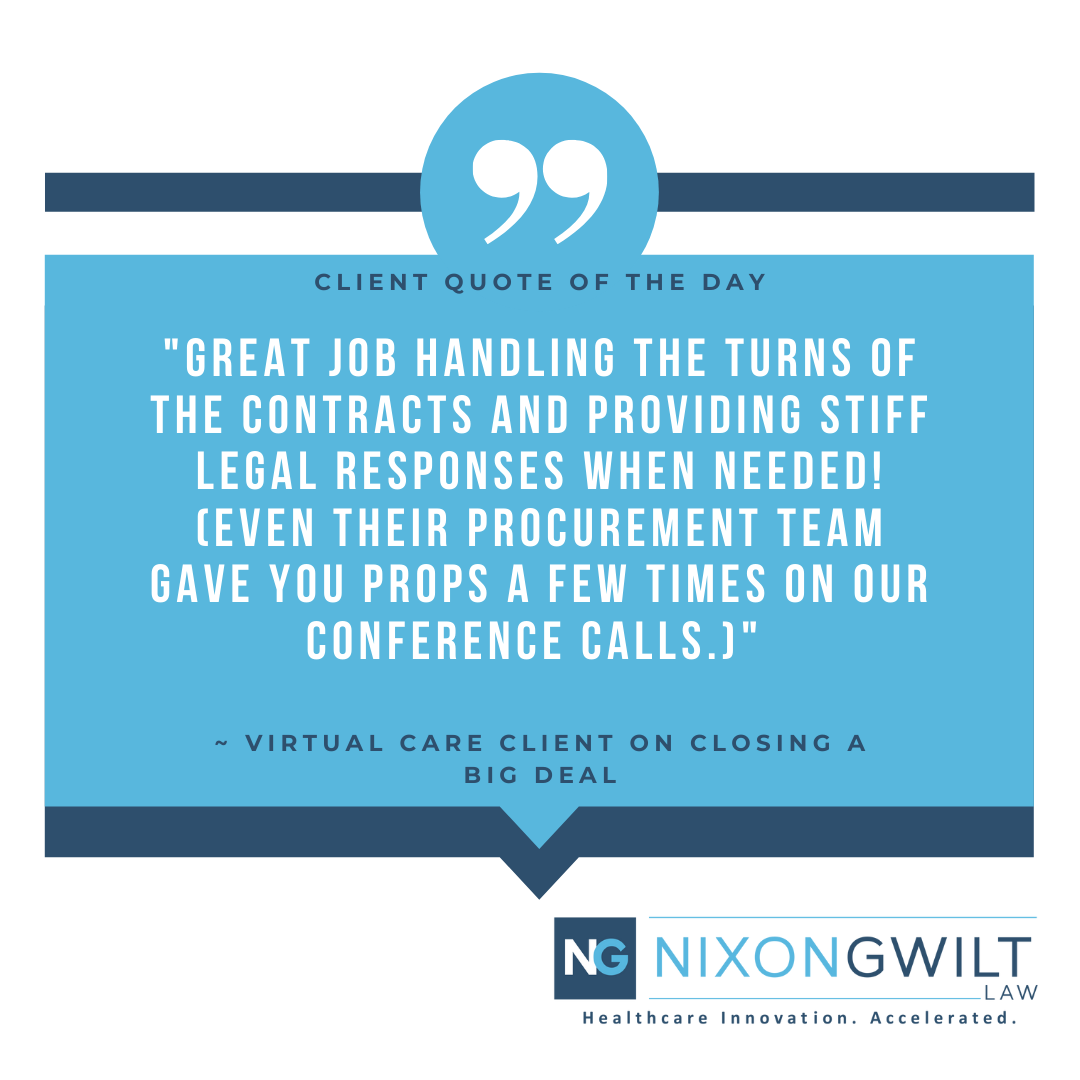
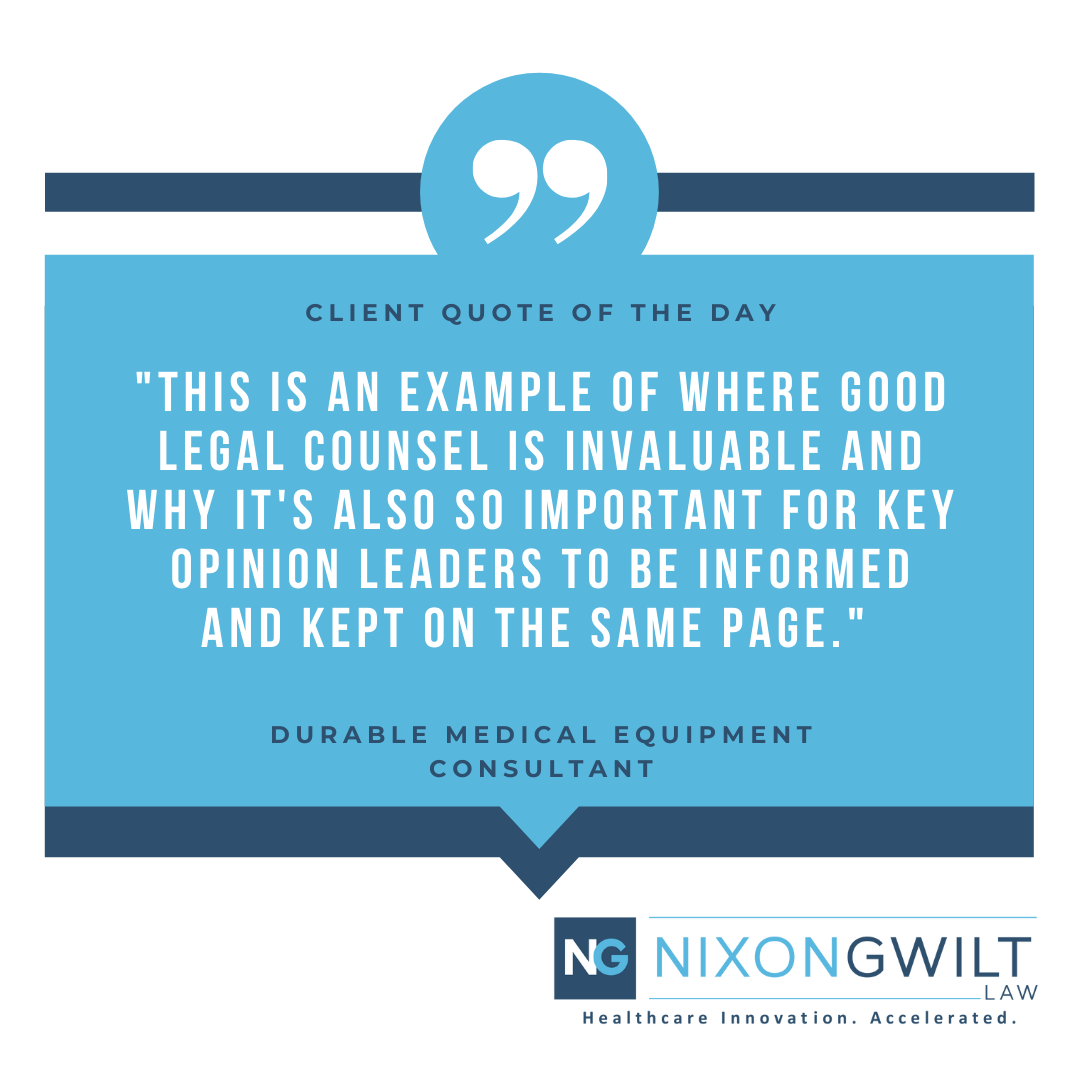
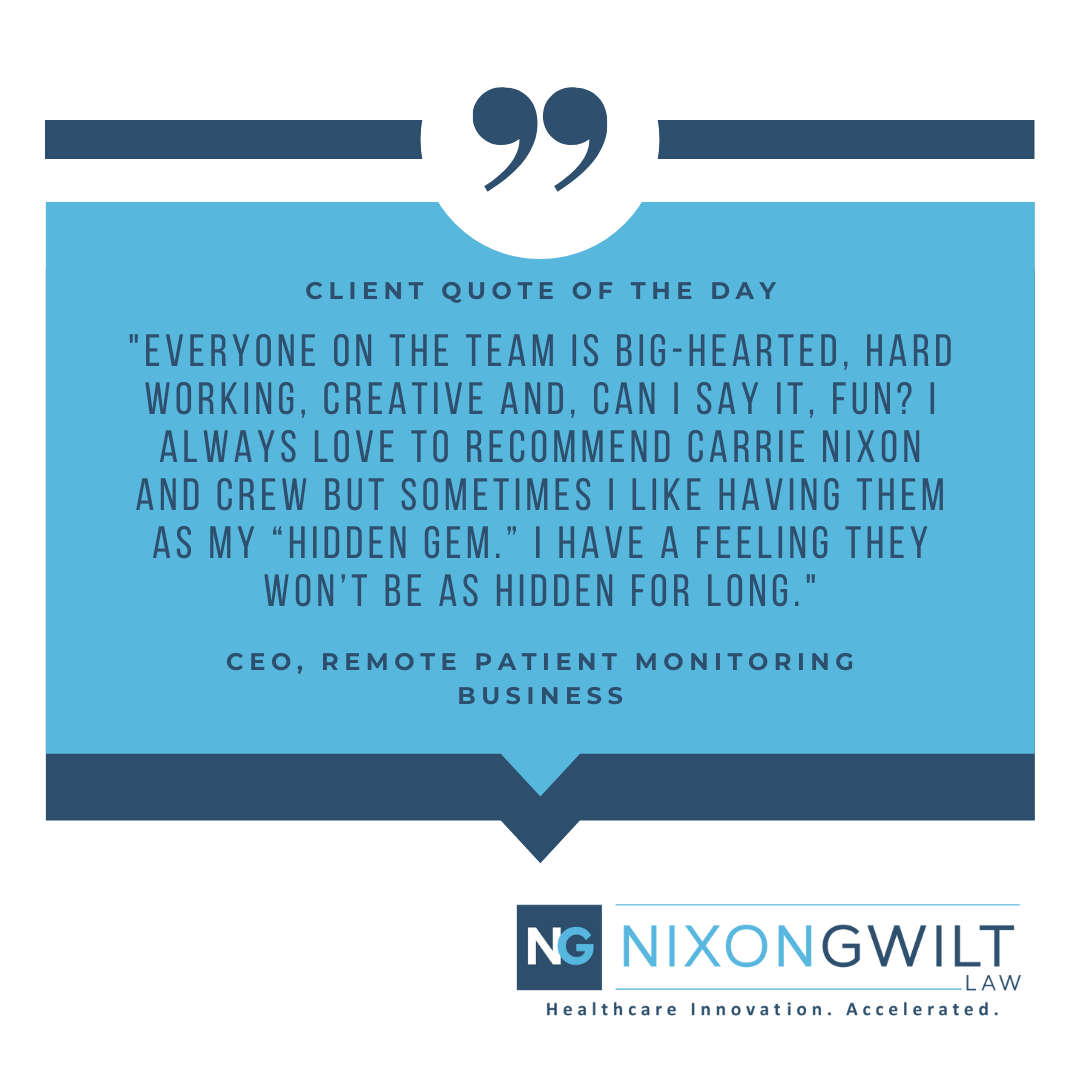
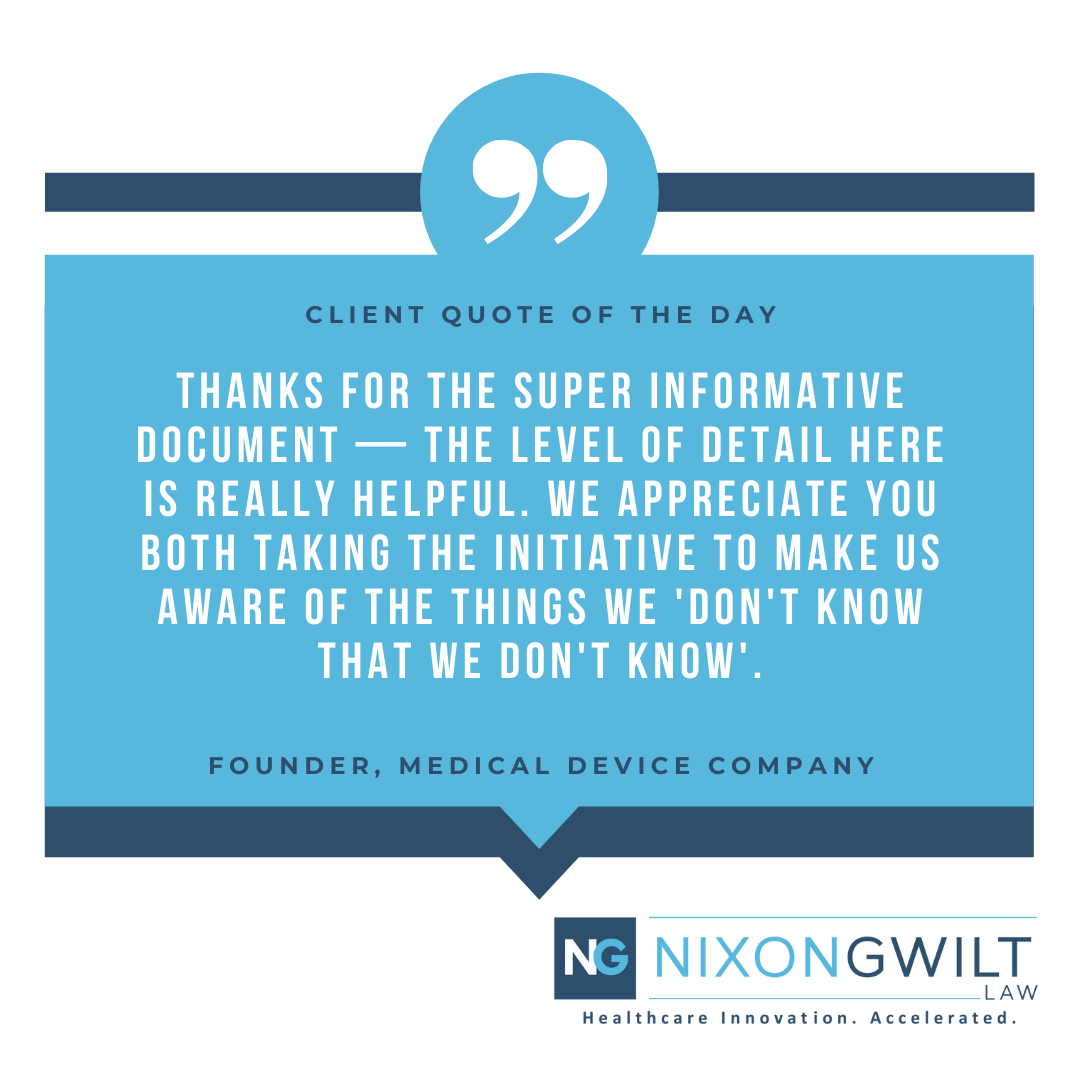
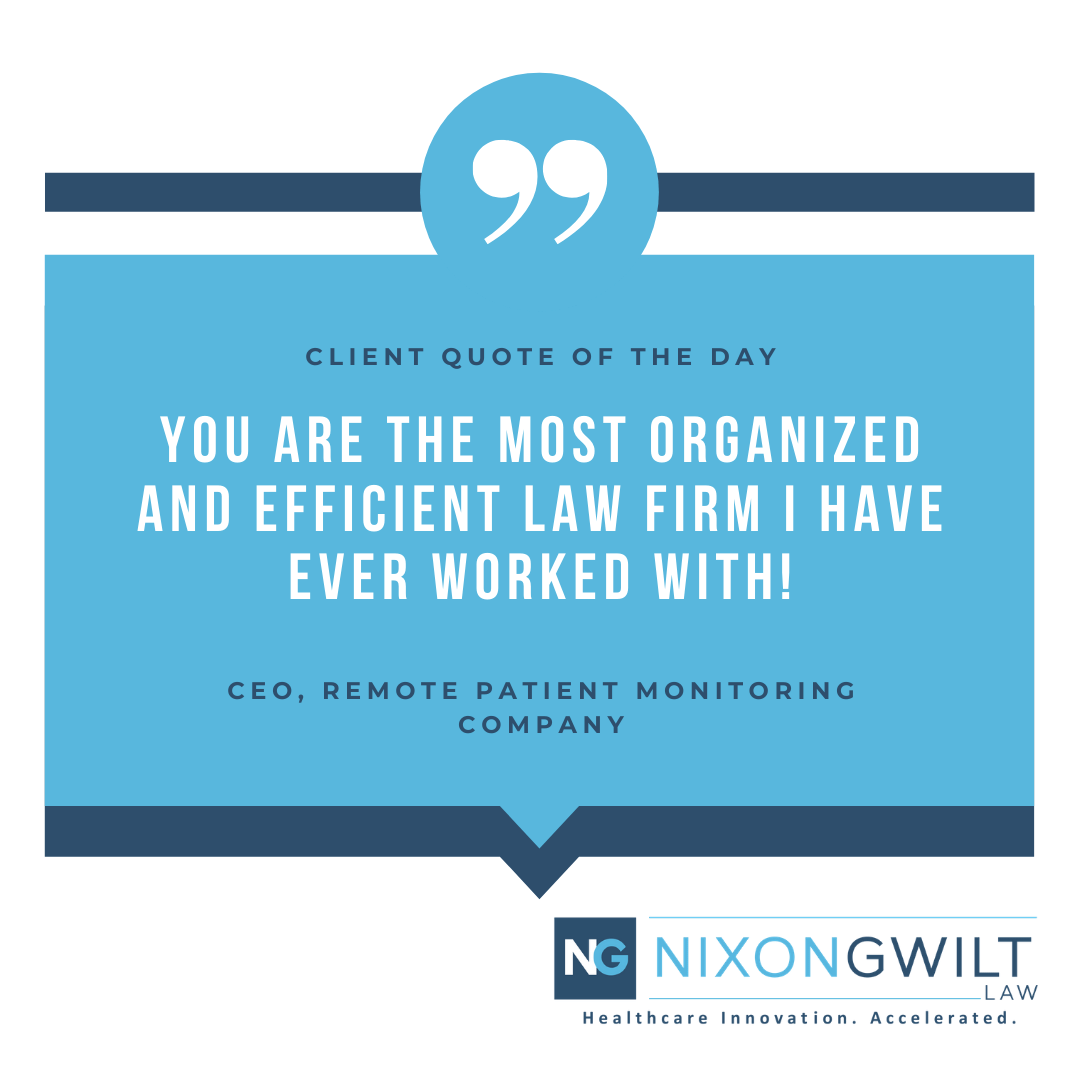
What Clients Like about Working with Us
NGL’s collaborative and innovative work style means you have a core unit of attorneys from our Hospital at Home team behind you, supported as needed by our entire team of healthcare innovation attorneys and diverse subject matter experts.
(Think: Remote Patient Monitoring, Remote Therapeutic Monitoring, Privacy and Security, Contracts, Virtual Care Management, Telemedicine, Telepharmacy, AI, Machine Learning, Hospitals and Health Systems, and more.)
You’ll be matched to a Lead Attorney within the team who will coordinate all your legal support throughout the Firm and serve as your main point of contact.
Maintaining oversight over this work is the Partner on Point, and underpinning it all are our technological solutions and finely-honed processes.
(We were working as a cohesive virtual team with experts and clients all over the country long before the pandemic, and you’ll appreciate how this experience benefits you.)
How to Find Out If We’re a Good Fit
Schedule a brief introductory meeting to discuss your goals. We’ll share how we help businesses like yours support the industry move toward Care at Home in general and Hospital at Home in particular.
Click the blue button below to tell us a little bit about your organization. Then we’ll send you a link to schedule an introductory meeting at your convenience.
It’s that easy.








